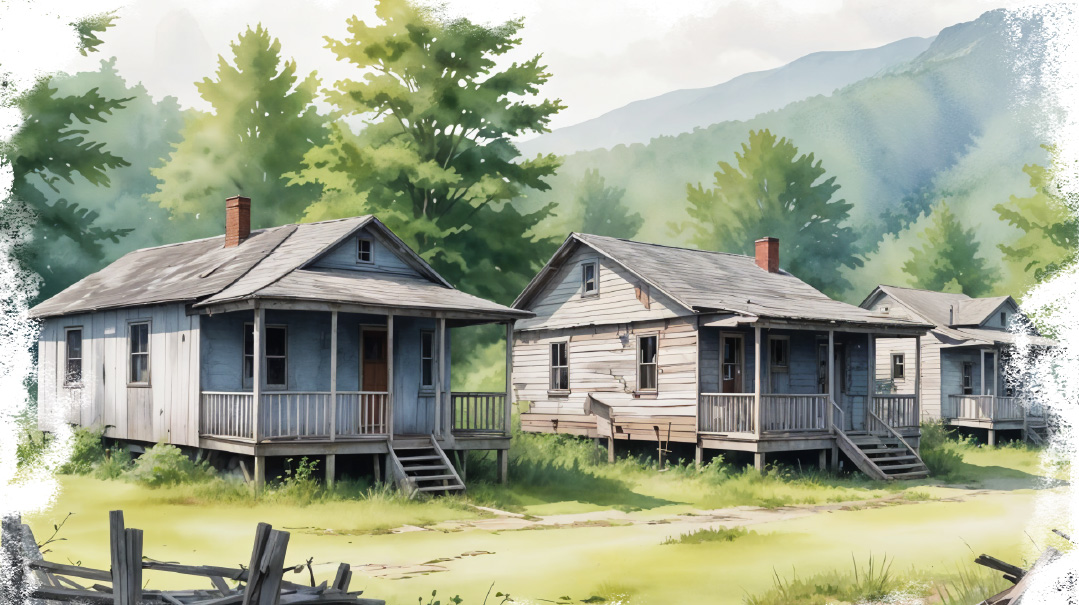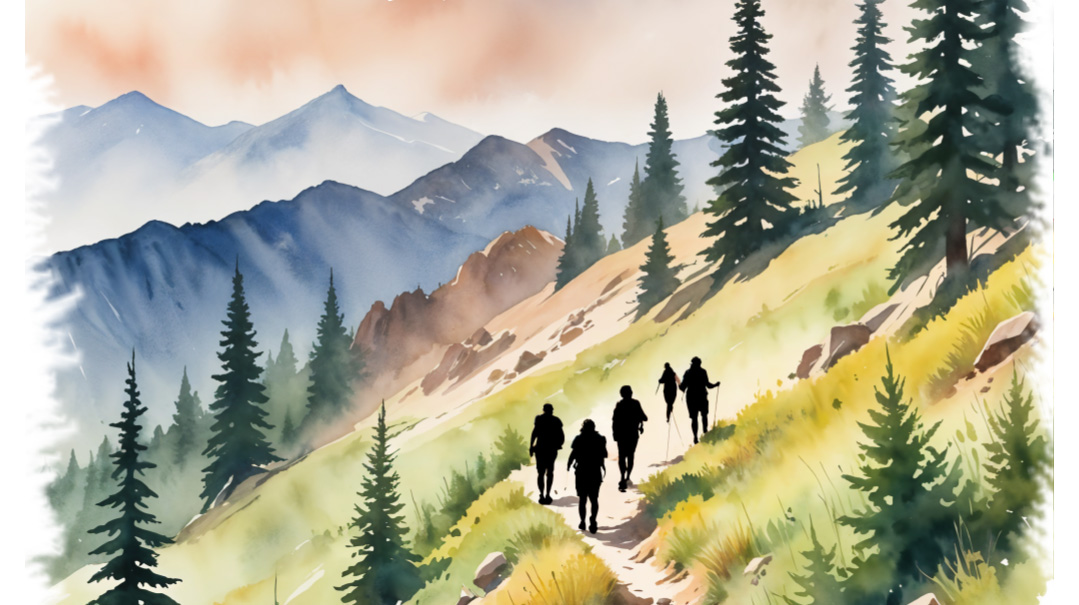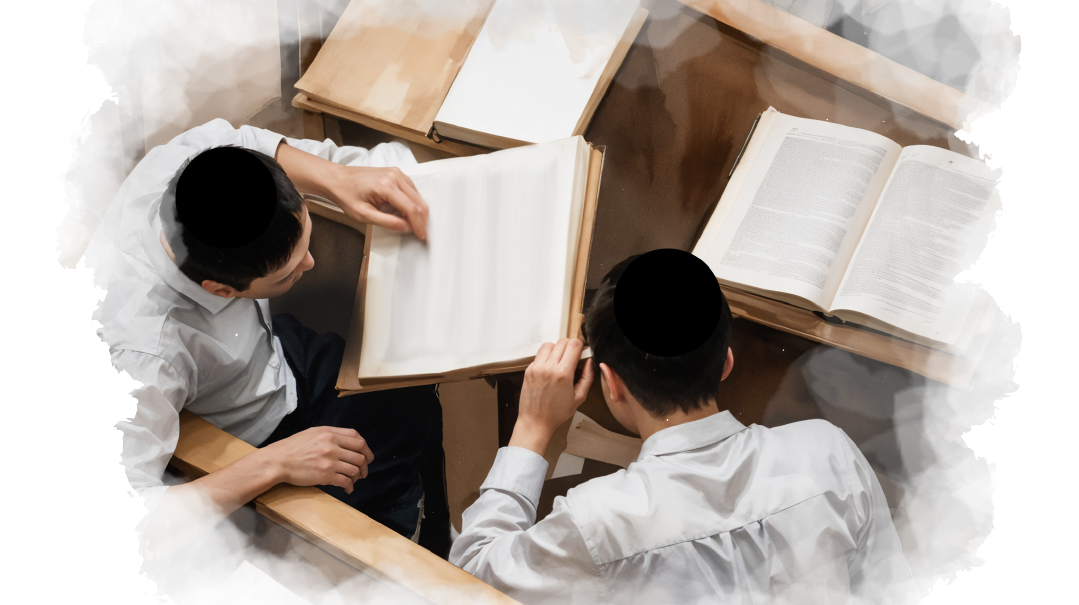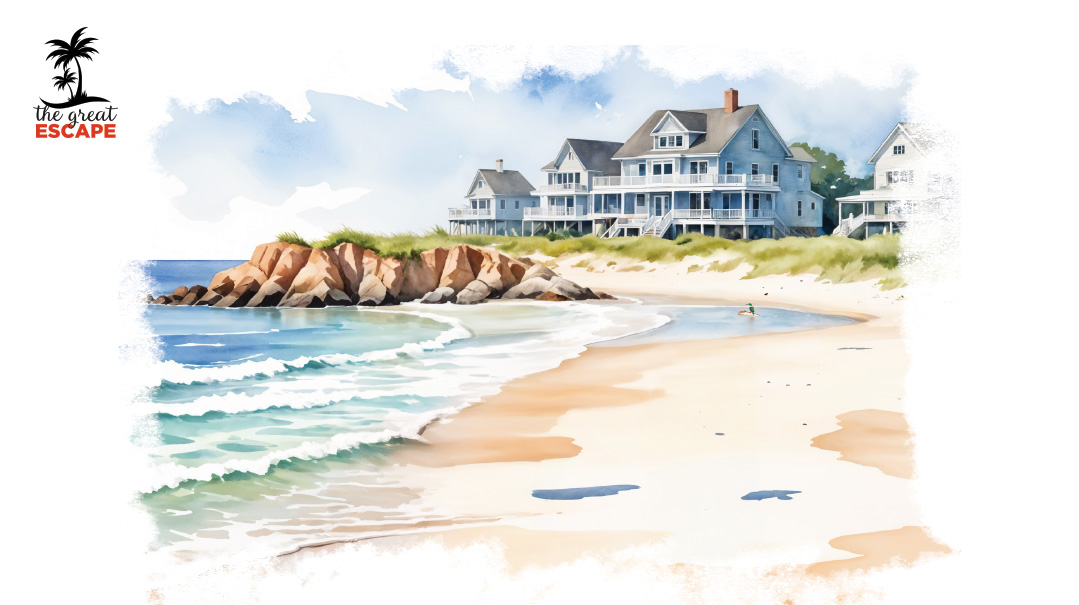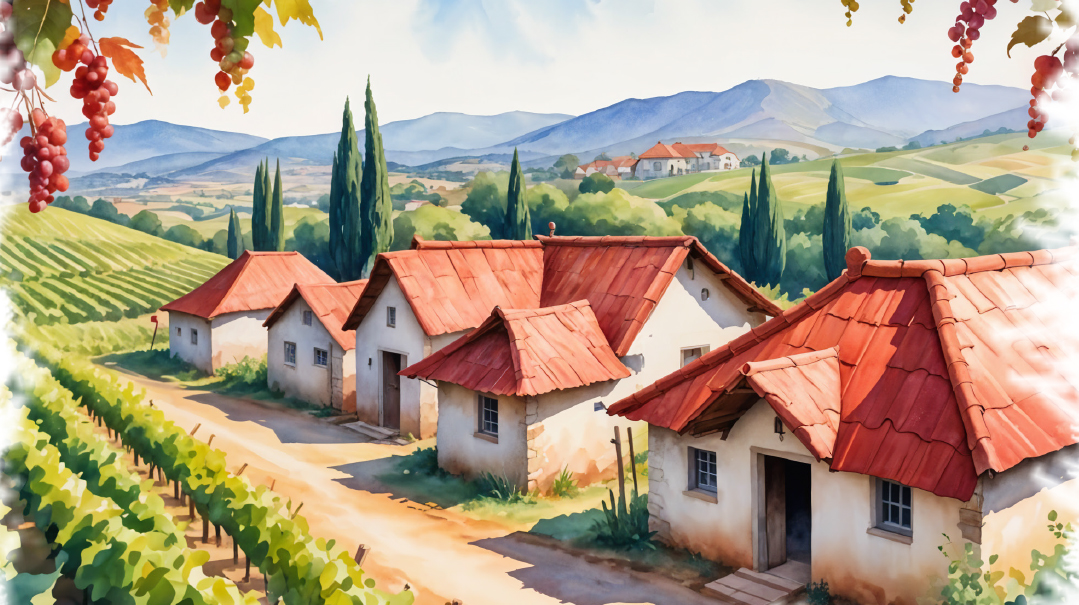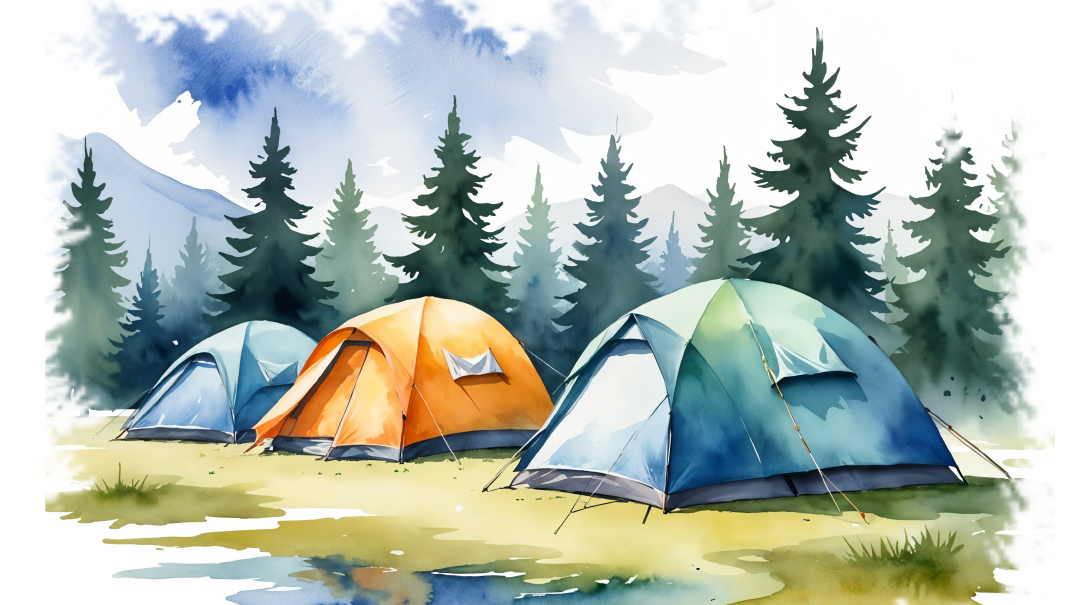Summer Semester

The biggest surprise was not what I’d left, but what I found
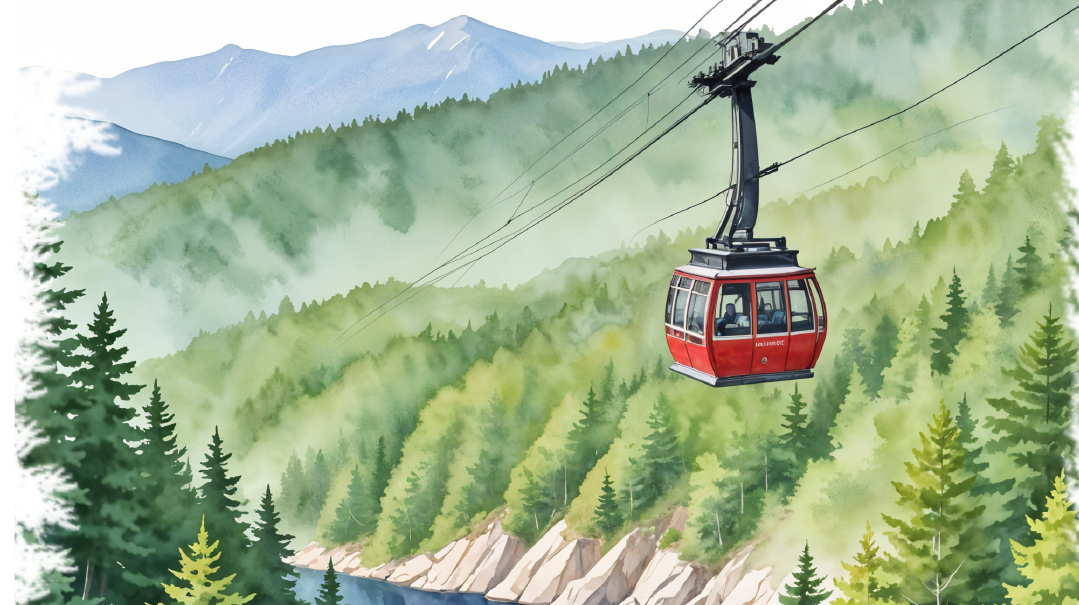
Location: Loon Mountain in New Hampshire
Years: 2001
The end of the 2001 school year marked the end of my career of 12 years as an eighth-grade rebbi. Four years before, in 1997, I became the rav of Ahavas Israel in Passaic, and the shul had grown exponentially. Although I attempted to juggle both responsibilities, it was clear that I could no longer be both the rav of a growing shul and a rebbi for talmidim who also needed to grow.
My obligations to the shul kept me entrenched in Passaic until after Tishah B’Av, at which point my wife, in her ingenuity, realized that I needed some time in “the Mountains” to refresh.
Born and raised in Brooklyn and having spent my entire life in New York City and Passaic (an honorary extension of Brooklyn), going north for me meant a 25-mile trek to Monsey.
Was there life beyond Monsey? Perhaps the Catskills in the summer, but didn’t America end at Monticello?
So when my wife informed me that we were heading to New Hampshire’s Loon Mountain, my first reaction was to inquire if we needed to renew our passports.
“Are there Jews in Loon Mountain?” I asked. “Will I have a minyan for Shabbos?”
“I’m sure, the White Mountains is a popular place to go during bein hazmanim,” my wife informed me. “When I called the resort, they told me they had only one room available the first week of August because of a last-minute cancellation.”
No doubt because of the impending exodus of frum Brooklynites to the cooler climate, I figured.
C
ome August, we distributed our children around the metropolitan area, packed our 1996 Cutlass Supreme with enough provisions to last until Succos, and headed for the White Mountains. As soon as we exited I-93 and headed east on NH-112, we sensed something was up.
Signs all over announced various versions of, “Welcome Annual Christian Youth Get-Together.”
This national convention of Christian youth meant that almost all available lodging had been booked months in advance. I thanked Hashem as I realized that one youth’s cancellation was His way of facilitating one exhausted rabbi’s Great Escape.
Instead of the usual dozens of frum families who ascend Loon Mountain after Tishah B’Av, only a handful had managed to secure rooms that week. The lack of fellow Jewish compatriots turned quickly into an unexpected asset in my attempt to escape both physically and, more crucially, emotionally, from the stresses and pressures of a rabbi’s life.
As one of only a handful of Jewish travelers, we avoided playing multiple and never-ending rounds of Jewish geography. “I think I once davened Minchah in your shul in 1997, do you remember me?” or “Do you know so-and-so’s first-cousin-once-removed who had just moved to Passaic?” are fine questions on a normal day. But I was on my much-needed vacation and I appreciated being able to step back from it all.
And the setting! The area is simply breathtaking, a far cry from any patch of greenery in Passaic. My wife and I hiked and biked through the White Mountains. We were privileged to see the Old Man of the Mountain, a series of cliff ledges in the shape of a man’s profile. This was a particularly meaningful sight because Rav Moshe Feinstein, who visited the White Mountains and saw the Old Man of the Mountain, was amazed and uplifted by Hashem’s work of art, so much so that he reminded a grandson visiting the area 30 years later to make sure to see this spectacular example of niflaos haBorei. (Unfortunately, the Old Man of the Mountain is no longer intact; it broke away in 2003.)
Due to the dearth of frum Jews, we had exactly 11 men for minyan on Shabbos, a number that could have been orchestrated only by the Master Conductor Himself. The minyan was easygoing, free of the always appreciated, yet at times taxing, obligations of running two minyanim with hundreds of attendees that a regular Shabbos in shul necessitates.
I didn’t even mind when my cover was blown and I was asked to give an impromptu devar Torah before Mussaf; such was the feeling of relaxation and repose among the 11 mispallelim. Our ad hoc minyan’s camaraderie culminated in a spontaneous kiddush.
“L’chayim,” we wished each other, raising our shot glasses and enjoying the most delightful kokosh cake the White Mountains has ever seen.
Just as my wife and I were packing to return home the following Thursday, August 9, the horrific news of the Sbarro restaurant suicide bombing reached the bucolic boundaries of New Hampshire, and we were jolted back to the difficult reality of the Jewish People. Yet the fact that I was somewhat out of the loop, away from the tumult of the shul and the New York area, afforded me a measure of space to mourn the tragedy. That it occurred during a week of my escape from the pressures of rabbinic life allowed me to grieve without feeling obligated to attempt to explain events beyond our comprehension. I could mourn the attack with Klal Yisrael as a poshute Yid and not as a rav, without having to pretend I understand Hashem’s ways more than anyone else. It was a valuable revelation.
O
nce our Great Escape wound down, it was time to return to civilization. As we pulled back into Passaic, I realized I was a different person than the one who had entered the car eight days earlier. This little getaway gave me the time and space not only to rest and rejuvenate, but to realize that as indispensable as I may have thought I was, and as much as I felt the shul could not function without me, reality begged to differ.
The shul survived.
Davening took place on time.
No one lost their spiritual way.
In short, life continued even in my absence.
I love my shul and my mispallelim, yet, ultimately, The Great Escape allowed me to realize that I have needs and am human as much as anyone else, and the greatest lesson I learned is that I’m no different than anyone else. I may sit in a different seat in shul, and I may have the privilege of teaching Torah. Yet, at the end of the day, my challenges and needs are no different than yours.
I carried our bags into the house, and with them, a renewed sense of vigor, not just the result of much-needed rest, but because I’d had the privilege to appreciate and concede that ultimately, He is in charge. I thought I went to Loon Mountain to recharge — which I did. But I also returned with a newfound recognition of my own limitations: Being a rabbi is a title, not a defining human trait.
The Great Escape was, in reality, the Great Discovery.
Rabbi Ron Yitzchok Eisenman is the rabbi of Ahavas Israel in Passaic, New Jersey, and the author of three books.
(Originally featured in Mishpacha, Issue 1022)
Oops! We could not locate your form.

